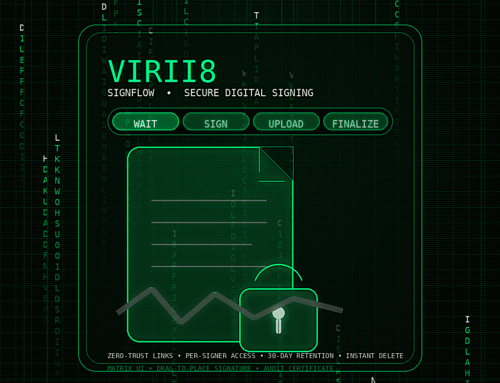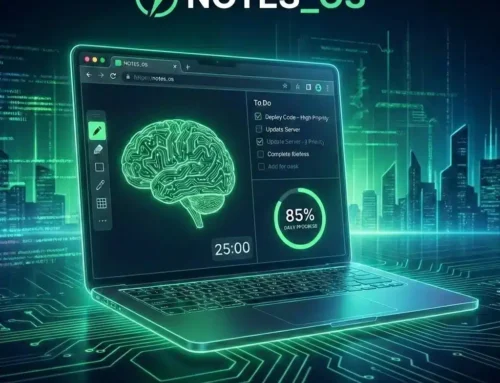
Approx. read time: 2.9 min.
Post: Cybersecurity Analyst (CSA+) Exam Study Guide
The Cybersecurity Analyst (CSA+) Exam Study Guide (exam code CS0–001) provides 100% coverage of most exam objectives for the new CSA+ certification.
The CSA+ certification validates a candidate’s skills to configure and rehearse threat detection tools, perform data analysis, identify vulnerabilities with a objective of securing and protecting organizations systems.
Focus your review for the CSA+ CS0–001 study guide and reap the benefits of real-world examples used by experts, hands-on labs, insight concerning how to build your own cybersecurity toolkit, and review questions enable you to gauge knowing about it on each stage.
In addition, you access an interactive learning environment which includes electronic quizzes, a searchable glossary, and numerous bonus practice questions from several case studies and real world examples.
Fundamental Knowledge Areas
-
Computer Networks and Systems: Understanding the fundamentals of how computers and networks operate, including TCP/IP, DNS, HTTP/HTTPS, and more, is crucial. This includes both hardware and software aspects.
-
Operating Systems: Proficiency in various operating systems, such as Windows, Linux, and MacOS, since each has its own security features and vulnerabilities.
-
Cybersecurity Principles: Knowledge of cybersecurity principles, practices, and methods. This includes understanding threats, vulnerabilities, risk management, encryption, and access control models.
-
Threat Landscape: Familiarity with the types of threats (e.g., viruses, worms, Trojans, ransomware) and threat actors (e.g., hackers, state-sponsored attackers, insiders), and how they operate.
-
Security Technologies: Understanding of firewalls, intrusion detection systems (IDS), intrusion prevention systems (IPS), antivirus software, and other security technologies.
-
Incident Response and Forensic Analysis: Knowing how to respond to security incidents, including evidence preservation, impact analysis, and mitigation strategies.
-
Legal and Ethical Considerations: Awareness of legal, regulatory, and ethical considerations in cybersecurity, including data protection laws and standards like GDPR, HIPAA, and PCI-DSS.
Free Learning Resources
-
Cybrary: Offers a wide range of free courses on cybersecurity topics, from beginner to advanced levels.
-
edX: Provides free and low-cost courses from universities and institutions around the world on cybersecurity and related fields.
-
Coursera: Offers courses on cybersecurity for free (auditing) from universities and companies. You only pay if you want a certification.
-
Open Security Training: Hosts free classes on various cybersecurity topics, including beginner and advanced levels.
-
Khan Academy: Provides free tutorials on cryptography, a fundamental concept in cybersecurity.
-
MIT OpenCourseWare: Offers free lecture notes, exams, and videos from MIT on information and computer security.
-
SANS Cyber Aces Online: Provides free courses on the basics of cybersecurity.
Getting Hands-On Experience
-
Capture The Flag (CTF) Competitions: Participate in online CTFs to gain hands-on experience in cybersecurity challenges. Websites like CTFtime can help you find competitions.
-
Virtual Labs: Use platforms like Hack The Box or TryHackMe to practice hacking skills in a legal and safe environment.
Staying Updated
Cybersecurity is a rapidly changing field, so staying updated with the latest threats, vulnerabilities, and technologies is crucial. Follow cybersecurity news sources, blogs, and forums to keep informed.
By combining theoretical knowledge with practical skills and staying current on industry trends, you’ll build a strong foundation for a career as a cybersecurity analyst.
This is a vast topic, and takes a lot of time to complete in its entirety, correctness, testing, and off-site links for beginner study.
We at MiltonMarketing.com believe education should always be FREE. Our content will always be FREE.
Having said that, we are human, we do have lives outside the digital world and your voluntary support would be appreciated. Buy us a cup of coffee.
The Longevity Blueprint: AI-Powered Health Optimization
Current step:1AI-Human Medical Analyzer: Smarter, Personalized Health
2AI-Human Medical Analyzer: Smarter, Personalized Health










